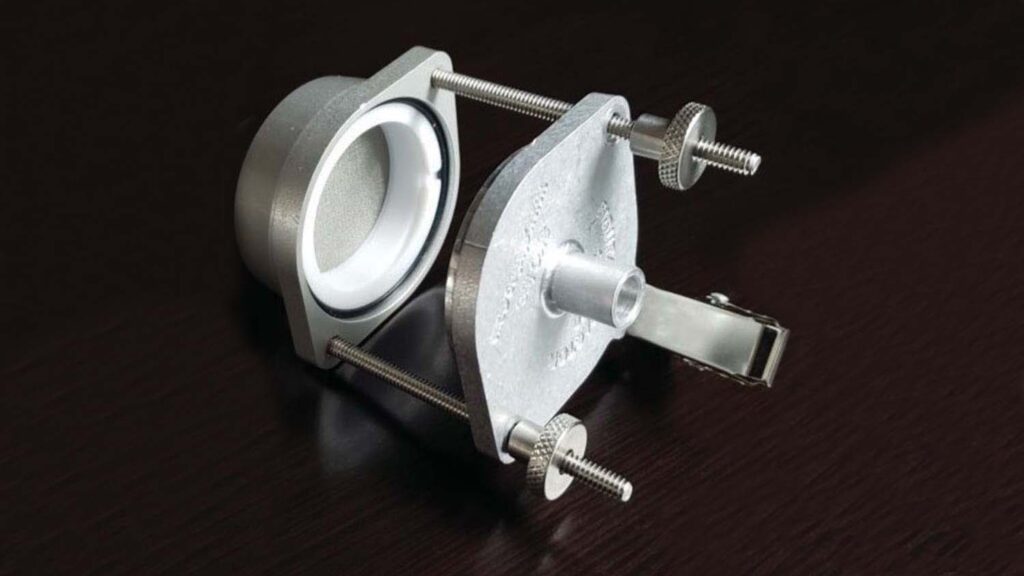Personal Protective Equipment
The COVID-19 pandemic has caused shortages of life-saving personal protective equipment (PPE) for infected individuals, vulnerable populations and health care professionals worldwide. This has given rise to a global response from individuals, industry and academia to develop adequate face masks for the general population using readily available materials such as bandanas, HVAC filters, coffee filters and other apparel textiles.
This has resulted in a need to provide simple, yet effective assessments of particulate filtration efficiency. While the particulate filtration rests on material performance, ensuring a proper fit and seal against the face is of equal concern. TPACC has focused its more than 25 years of expertise in developing and evaluating PPE to provide the following mask performance tests.
Material-Level Evaluation of Particulate Filtration Efficiency

Dynamic Headform Assessment of Mask Performance and Face Seal

For more information on TPACC testing capabilities related to COVID-19 response, please contact:
- Shawn Deaton
- Special Projects Director
- asdeaton@ncsu.edu
- 919.749.6384
- textiles.ncsu.edu/tpacc